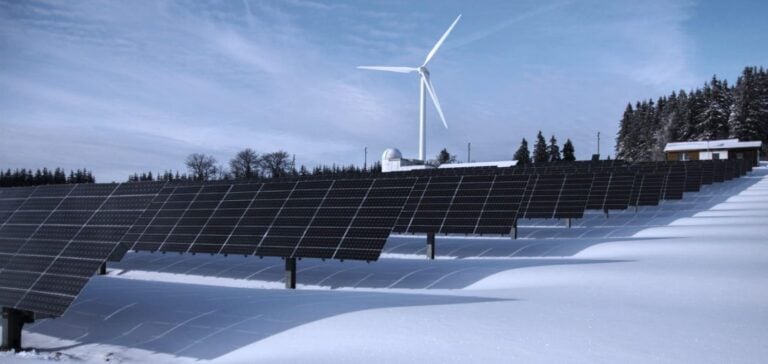The Nordic energy market undergoes a major transformation with the adoption of flow-based market coupling, a flow-based market coupling model. This system, implemented by Nordic network operators (Svenska kraftnät, Statnett, Energinet, and Fingrid), redistributes electricity resources among the 12 tariff zones covering Norway, Sweden, Denmark, and Finland. The aim of this transition is to balance the price gaps between production areas in the north, where wind and hydropower are predominant, and high-demand zones in the south, while increasing market liquidity with new arbitrage options for electricity traders.
Price Convergence and North-South Balance
This new model facilitates price convergence between electricity production areas in the north, often less populated, and demand centers in the south. Prior to this shift, price disparities between these zones reflected costs related to transportation and increased demand in urban and industrial areas. Initial estimates predict a reduction in price gaps by around 15-20%, benefiting industries and consumers located in the southern regions of Sweden and Norway.
Increased transmission capacities between regions now allow more efficient transfer of electricity produced in the north. This improves the use of available renewable resources, stabilizing prices in high-demand areas and reducing energy rate volatility by more effectively balancing supply and demand.
Positive Effects for Energy-Intensive Industries
Price convergence is particularly beneficial for energy-intensive industries, such as the steel, metals, and chemical sectors, which are sensitive to tariff variations. These sectors, which consume significant amounts of electricity in the Nordic region, should benefit from more stable production costs, providing better predictability of energy costs. This stability strengthens the competitiveness of Nordic companies, especially in international markets where energy cost control is a strategic asset.
In high-demand areas, large industries also benefit from reduced costs associated with service interruptions and capacity limitations, which were sometimes necessary to prevent network overloads. With flow-based market coupling, the network can better absorb demand peaks without creating bottlenecks, ensuring a continuous energy supply for businesses.
New Opportunities in the Intraday Market
This market model also opens new opportunities for electricity trading, particularly in the intraday market. With greater transparency of available capacities and more stable price forecasts, market participants have a favorable framework for arbitrage between different pricing zones. Early observations show a 10-15% increase in intraday transactions, illustrating the growing appeal of this model for traders seeking to maximize profits in a more fluid market.
This context also attracts new participants, including investment funds and international trading companies interested in arbitrage opportunities. By increasing transaction frequency and stabilizing prices, the Nordic market gains liquidity and competitiveness, further solidifying its position within the European electricity market.
Network Optimization and Infrastructure Cost Reduction
The adoption of flow-based market coupling also presents infrastructure cost advantages, allowing for more efficient management of existing capacities. Network operators can avoid investing in new transmission lines, potentially saving several hundred million euros. This reduction in infrastructure costs helps stabilize prices for consumers while promoting a more sustainable use of resources.
For instance, Statnett and Svenska kraftnät, which had initially planned network reinforcements to meet growing demand, can now focus their efforts and investments on modernizing and optimizing existing infrastructures. The optimization of current capacities thus avoids new construction in areas where transmission capacities were already under strain.
A Model Aligned with European Objectives
The implementation of flow-based market coupling aligns with the European Union’s goals for a more integrated and resilient electricity market. By adopting this model, Nordic countries position themselves as strategic partners in the European energy transition. This model enhances the EU’s energy security by facilitating the availability of renewable resources for other countries, thereby strengthening the stability of regional energy flows.
This integration with the EU market could also encourage future collaborations for cross-border projects, such as additional interconnections and energy flexibility initiatives, reinforcing the Nordic region’s role in European energy security.





















